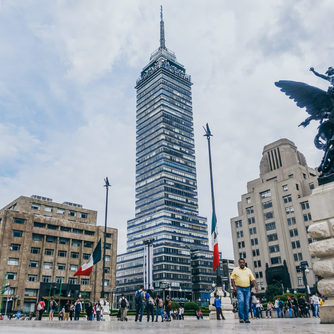Currently, sustainable tourism is a growing trend worldwide. More and more people are seeking tourist destinations that care about the environment and are socially responsible. In Spain, sustainable tourism has also gained strength in recent years, and in this article, we will discuss the benefits that this can have for the country.
What is sustainable tourism?
Before discussing the benefits of sustainable tourism in Spain, it is important to define what sustainable tourism is. Sustainable tourism is the one that seeks to minimize negative impacts on the environment, culture, and local economy while promoting the sustainable development of tourism.
Benefits of sustainable tourism in Spain
Sustainable tourism can have multiple benefits for Spain, some of which are mentioned below:
- Promotion of the local economy It can contribute to the economic development of local communities since it promotes the consumption of local products and services, which, in turn, can generate employment and improve the economic conditions of the communities.
- Reduction of environmental impact It promotes the conservation of the environment by seeking to minimize the negative impact that tourism can have on the natural surroundings. Additionally, it encourages the use of renewable energies and responsible management of natural resources.
- Promotion of local culture It contributes to the promotion and preservation of local culture by seeking the integration of visitors into the culture and traditions of the communities.
- Improvement of quality of life Ecotourism can have a positive impact on the quality of life of local communities as it can improve infrastructure and public services while promoting community participation in tourism development.
- Generation of environmental awareness It can be a tool to raise environmental awareness among tourists and local communities, which can promote environmental education and the adoption of more responsible practices in the use of natural resources.
Examples of sustainable tourism in Spain:
Rural tourism:
Rural tourism is a form of sustainable tourism that focuses on enjoying nature and activities related to rural life, such as agriculture and livestock farming. This type of tourism can contribute to the economic development of local communities and the conservation of natural and cultural heritage.
Nature tourism:
Nature tourism focuses on the observation and enjoyment of the flora and fauna of a specific place. This type of tourism can promote the conservation of ecosystems and environmental education among visitors.
Ecotourism:
Ecotourism is a form of sustainable tourism that focuses on environmental conservation and environmental education for tourists. This type of tourism can contribute to the protection of natural resources and the generation of environmental awareness among visitors.
Cultural tourism: Cultural tourism focuses on the promotion and preservation of local culture. This type of tourism can contribute to the economic development of local communities and the conservation of the cultural and artistic heritage of the region.
Tourism in protected natural areas: Tourism in protected natural areas focuses on the conservation of the environment and the promotion of sustainable tourism development in these areas. This type of tourism can contribute to the protection of natural resources and the generation of environmental awareness among visitors.


